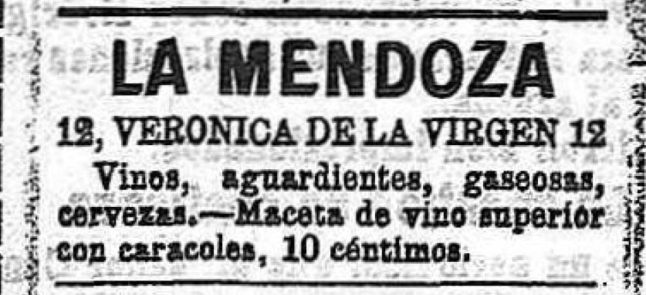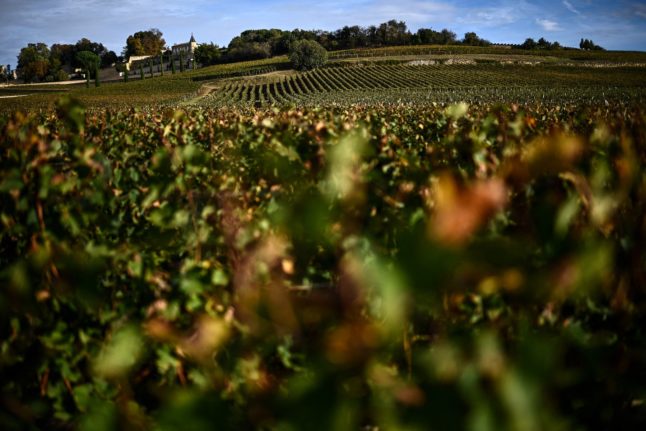Anyone who’s been to the enthralling city of Granada will no doubt have experienced its unique bar scene, where huge, often high-quality tapas are dished up at no extra cost with every round of cañas (small beers) or wine that is ordered.
All over Spain, you’re likely to be offered some nuts, olives or crisps to accompany your drinks, but this generosity is taken to another level in Graná, an allure which keeps customers ordering.
So it’s no surprise that among Spaniards, Granada is as synonymous with La Alhambra as with its tapas gratis (free tapas).
But this tradition may now be under threat after the mayor of the city of Granada Paco Cuenca recently said his government “will never again promote free tapas”.
“Tapas have to be paid for because they are haute cuisine,” Cuenca said during the Saborea Sin Prisa Granada (Take your time tasting Granada) gastronomic contest.
Granada’s mayor admitted his administration had deliberately omitted the word “tapas” from the competition’s name in a bid to move away from the association the city has with free food.

“We want people to sit down at the table and enjoy small bites of food à la carte which they pay for, this is what is profitable and creates stable work,” Cuenca said to contestants.
“We have unique food products, magnificent establishments and professionals. We have to believe in what we have and position ourselves where we deserve”.
Neither the city of Granada nor the whole province which goes by the same name have a single Michelin-starred restaurant.
READ ALSO: Six great reasons to visit Granada (besides the Alhambra)
Cuenca’s comments have stirred debate among granadinos over whether Granada is selling itself short by focusing more on quantity over quality and not promoting itself as a high-end gastronomic destination.
Some say the free-food-with-drink model is ingrained in the local lifestyle and offers people a cheap option to eat out, whilst voices in the hospitality sector argue that rising food costs and inflation mean the model is no longer as sustainable.
Then there are those that point out that it’s perfectly possible for haute cuisine and free tapas to co-exist in the city – as is currently the case – whilst finding ways for Granada to be seen as a more exclusive gastronomic destination.
With the debate still raging, Cuenca has since sought to clarify that he meant that “Granada is much more than its tapas”, but his detractors say “there is no Granada without free tapas”.
What seems clear is that there will be no municipal bylaw which outright bans one of Granada’s biggest attractions, but rather a push to be recognised as more than just a land of cheap eats; and instead a gastronomic hub that knows its own worth.
READ ALSO:



 Please whitelist us to continue reading.
Please whitelist us to continue reading.
Member comments